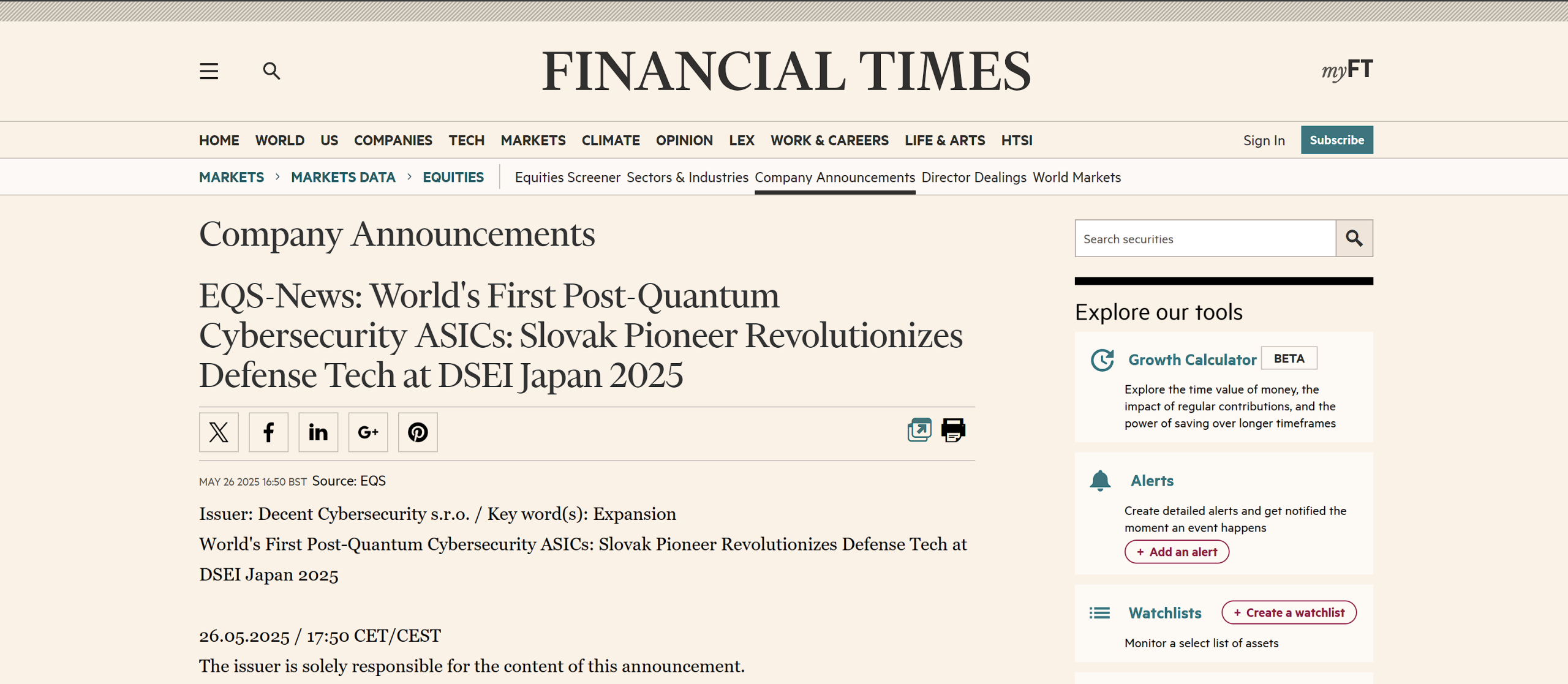In an era where information is both a valuable asset and a vulnerability, the security of satellite communications has become a paramount concern. The integration of quantum technology into satellite communication systems is poised to revolutionize this domain, offering unprecedented levels of security and efficiency.
Understanding Quantum Technology in Satellite Communications
Quantum technology in satellite communications primarily involves the use of quantum key distribution (QKD), a method that employs the principles of quantum mechanics to secure communication channels. Unlike traditional encryption, which relies on complex algorithms, QKD uses the quantum states of particles like photons to encode and transmit information, making it virtually immune to interception or eavesdropping.
Advantages of Quantum-Enhanced Satellite Communications
Enhanced Security: The primary benefit of incorporating quantum technology into satellite communications is the significant enhancement in security. The inherent properties of quantum particles ensure that any attempt at interception changes their state, thereby alerting the communicators to a breach.
Global Reach: Satellites enable quantum-secured communications over vast distances, far beyond the limitations of terrestrial fiber networks. This makes quantum satellite communications ideal for global operations, from military to international business communications.
Resistance to Quantum Computing Threats: As quantum computing advances, it poses a significant threat to traditional encryption methods. Quantum satellite communications, however, are inherently secure against such threats due to their quantum nature.
Challenges and Future Developments
Despite its potential, the application of quantum technology in satellite communications faces several challenges. The technology is still in its nascent stages and requires substantial investment. Quantum signals are also vulnerable to interference from the Earth’s atmosphere, which can limit the effectiveness of satellite-based QKD.
However, ongoing research and developments are promising. Efforts are being made to enhance the range and reliability of quantum satellite communications. Recent advancements have seen the successful deployment of quantum satellites, such as China’s Micius, which has demonstrated the feasibility of quantum communication over long distances.
Conclusion
The future of secure satellite communications lies in the realm of quantum technology. This innovative approach promises to safeguard communications against emerging cyber threats and the advent of quantum computing. While there are hurdles to overcome, the rapid pace of technological advancement in this field suggests a future where quantum-secured satellite communications are a standard, offering a new level of security in an increasingly interconnected world.
The integration of quantum technology in satellite communications is not just an enhancement of existing systems; it’s a necessary step towards a future where the security of information remains unchallenged, even in the face of evolving technological landscapes.







